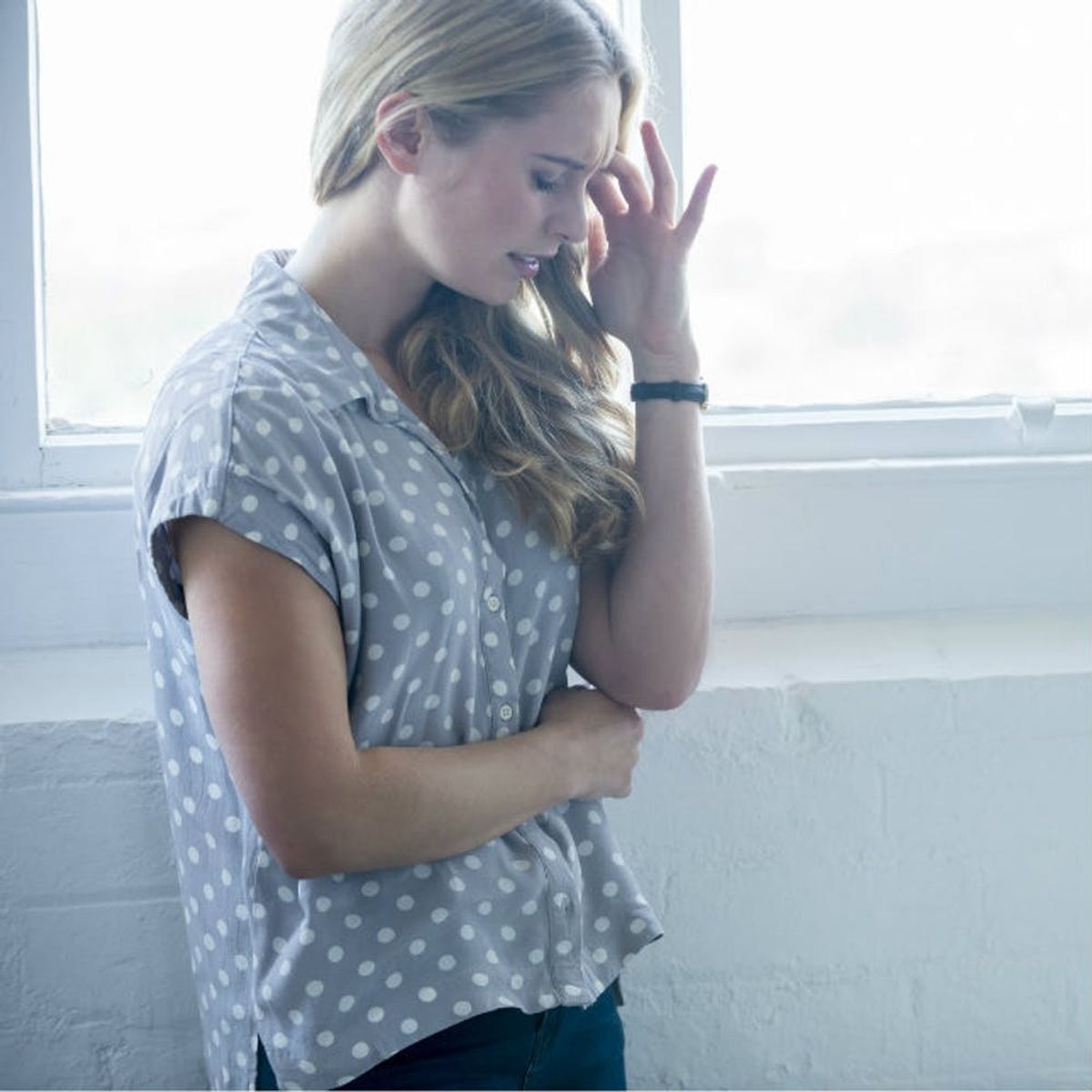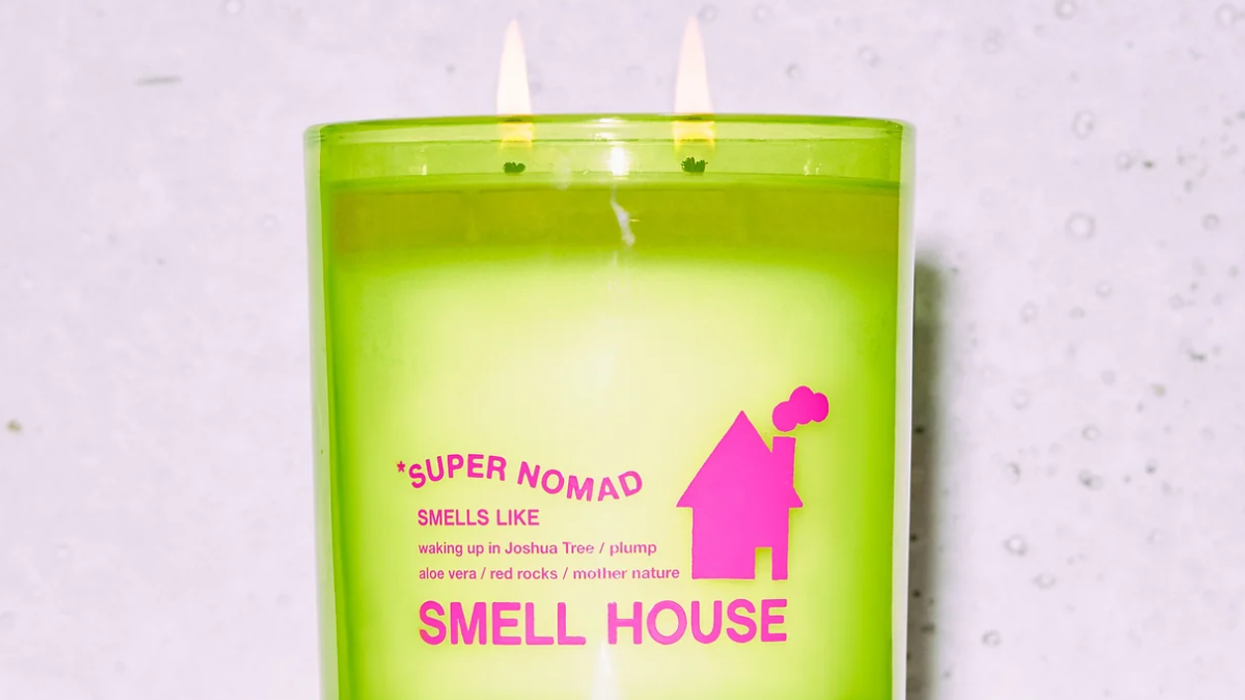Breakup got you down? This might be the reason why.
How Breakups Affect Your Mental Health + 5 Ways to Move Forward

Whether it’s with your short-term Tinder fling, longtime boo or even your BFF, breakups suck — so don’t feel disappointed in yourself when you have a hard time getting over them. Even if your BFFs cheer you up after a breakup, Courtney Geter, a licensed marriage and family therapist, says that ending a relationship can have a pretty serious domino effect on your mental health.
“If you have a current or pre-existing mental health condition, breakups can trigger that behavior,” she says. “The negative thoughts breakups cause can turn thoughts into feelings and feelings into behaviors.” This means that people predisposed to anxiety and depression can be especially jolted by a breakup. Losing a relationship can cause people with these disorders to experience heightened feelings of rejection and guilt, and can cause them to lose their ability to be vulnerable with others. Geter says that some of her patients experience repeated or obsessive behavior post-breakup, which occurs when someone uses an activity to its extreme to distract from a negative situation.
While these effects are more pronounced in people who experience mental health distress or disorders, anyone can feel the negative impact of a breakup. “Breakups bring mental health to the surface,” Geter says. “They cause distorted, inaccurate thoughts that just aren’t true.” And those dark thoughts can really test your emotional resilience.
Since all breakups are different, everyone deals with them differently based on the intensity of the relationship, the vulnerability you experienced within that relationship and the communication you had with your partner during and after the breakup. “A breakup is grief,” Geter says. “It’s a loss. How I experience grief is how I go through a breakup, and there’s no right or wrong way to do it.” For this reason, there’s no perfect cure for the breakup blues. However, Geter has five coping mechanisms that’ll help you navigate the mental disorders and grief that a breakup can leave in its wake.
5 WAYS TO COPE WITH A BREAKUP
1. Don’t take any drastic measures. As a therapist, Geter says that she often sees patients turn to harmful behaviors, such as consuming a lot of alcohol or food, to cope after a breakup. While drowning your sorrows in a pint of ice cream might sound tempting, she cautions against it, because these behaviors can have long-term negative results.
2. Keep your routine. Wanting to binge on Netflix all weekend after a breakup is totally natural, but won’t help too much with moving forward. Geter recommends continuing your regular activities to keep your life on-pace after a breakup. That means hitting the gym, scheduling happy hour with friends and heading out for that afternoon coffee run with coworkers, however much you want to cancel and put on your PJs.
3. Communicate with those who love you. After losing a relationship, not every day is going to be your best day — and that’s okay. If you tell your friends how you’re feeling and why, Geter says that they’ll be much better equipped to help you through a hard time.
4. Find something that makes you feel good in the moment. Whether it’s a picture, a quote or even a stress ball, Geter recommends keeping an object with you that will immediately provide you with positive feelings. Although sorrow is definitely an important aspect of coping with a loss, don’t let yourself wallow too much in your grief. Pull yourself up with your positive object and push on.
5. Change your thought patterns. Change is hard, and changing your thoughts is even harder. However, by reframing the negative into the positive, you’ll gradually increase your happiness while gaining perspective on why the relationship wasn’t the right one for you. “I encourage people to take the negativity out of divorce and breakups,” Geter says. “If you take the shame and negativity out of it, it automatically takes the negative thoughts out of it.”
Do you have any tips for getting over the blow of a breakup? Let us know @BritandCo.
(Photos via Getty)


















